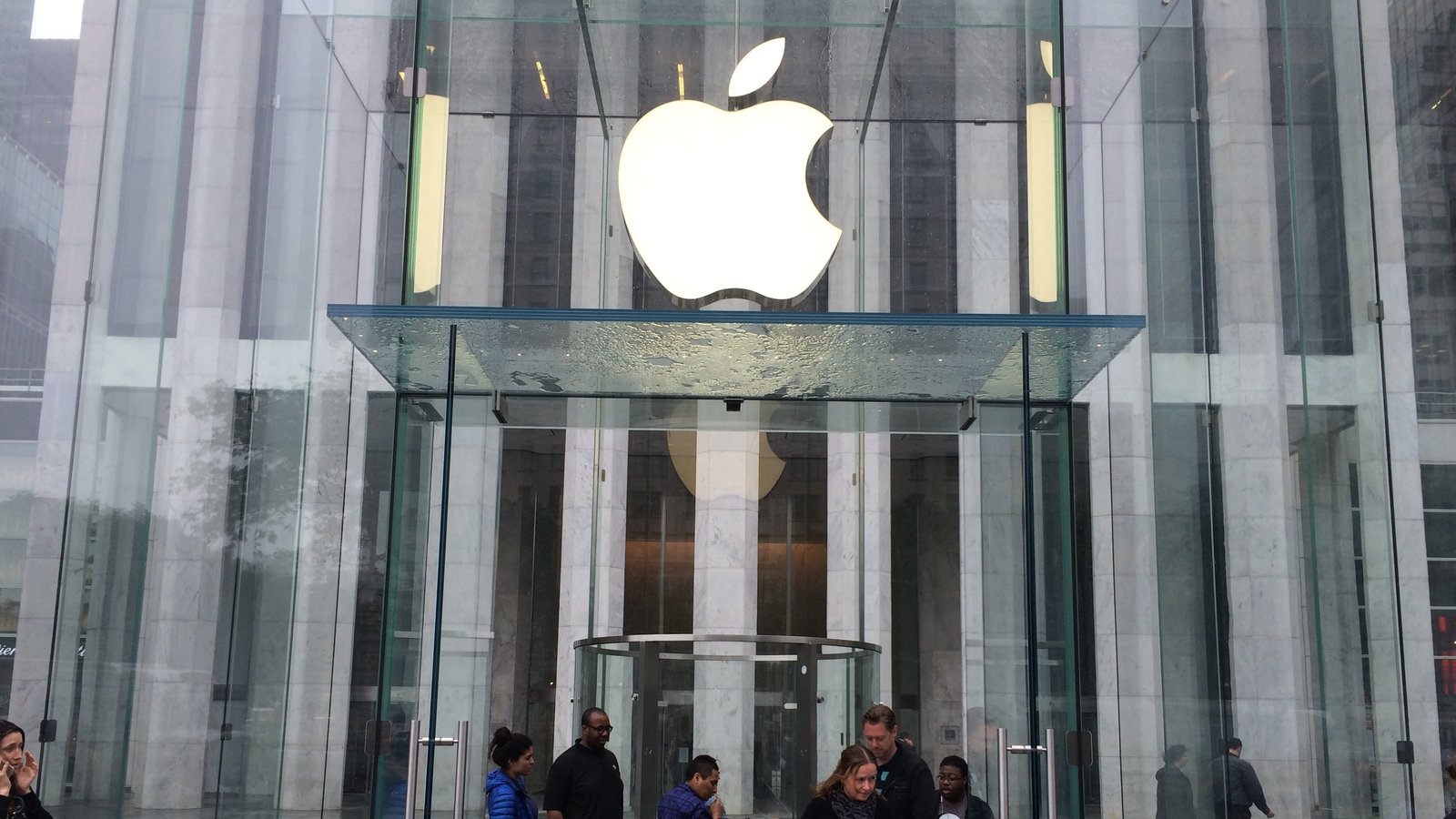Bussiness
Europe’s highest court to rule on €13bn Apple tax case

The EU’s highest court is due to deliver its judgement in relation to the long-running €13bn Apple tax case this morning.
The Court of Justice of the European Union is to decide whether an appeal by the European Commission against a decision of the General Court should succeed or not.
That lower court’s ruling overturned the European Commission’s 2016 original finding that Apple had underpaid taxes totalling €13.1 billion due to Ireland between 2003 and 2014.
Following the Commission’s original ruling, Apple had to pay €13.1bn in unpaid taxes plus €1.2bn in interest into an independent third-party administered escrow account.
Last November, an advisor to the Court of Justice issued a non-binding opinion that the General Court committed a series of errors in law in its ruling.
The Advocate General proposed that the Court of Justice should set aside the judgment of the General Court and refer the case back to the lower court for a new decision.
If that opinion is confirmed by the court’s judges today, it would likely result in the case continuing for several more years.
However, while the recommendations of Advocate Generals are followed by the court in the vast majority of cases, they are not always.
If the court were to disagree with the opinion and confirm the General Court’s decision, then the case would be concluded and the money returned to Apple.
Those funds, which are still sitting in the escrow account pending the eventual outcome of the case, are now worth €13.7bn due to losses in the investments over the years.
In its original ruling, the European Commission probe found that two tax rulings in 1991 and 2007 issued by Revenue to the firm had “substantially and artificially lowered the tax paid by Apple in Ireland since 1991”.
The Commission found the technology company had underpaid taxes totalling €13.1 billion between 2003 and 2014 and ordered it to pay the money to Ireland along with €1.2 billion worth of interest.
Apple and Ireland rejected the Commission’s findings and claimed the company did not receive special treatment from the Irish state, which would have breached EU state-aid rules.
They appealed those conclusions to the EU’s General Court and the case was heard over two days in September 2019.
The following July the court issued its judgment annulling the Commission’s findings.
However, the Commission did not accept the decision and in September 2020 announced that it would lodge an appeal.
It was heard in May of last year, with the Advocate General’s opinion issued in November.










